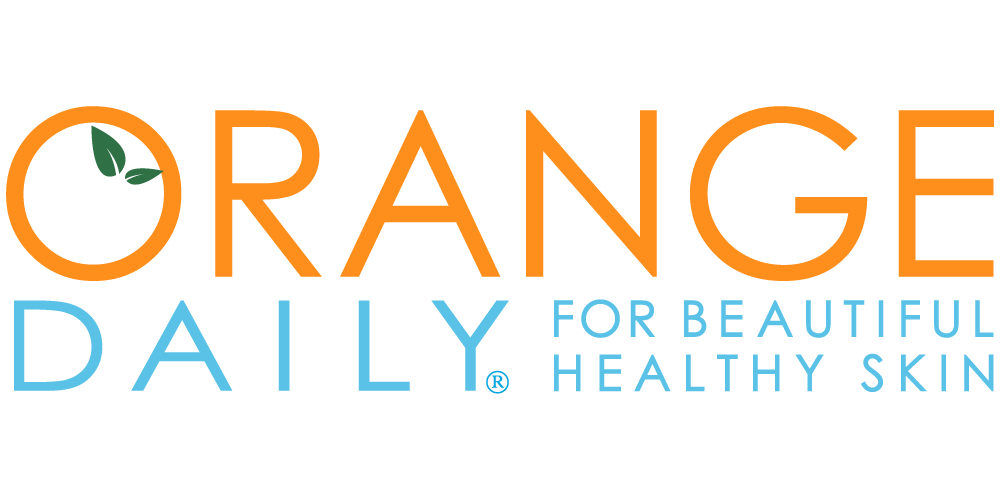29. Which of the Topical Vitamins Work?

Our job is to provide the best information to cleanse, tone, moisturize, shield, repair, restore and rejuvenate your skin with the best available natural substances to make sure you get what you are seeking – healthy, beautiful skin! How?
Exfoliation
Vitamin A is a proven exfoliator. Exfoliating dead skin cells improves cell turnover, revealing fresh new skin cells and fading dark spots faster. Vitamin A in its most common skincare form, retinoids, also helps fight premature aging caused by the sun, as does vitamin E. Vitamin B12 also supports the growth of new skin cells and boosts collagen production and like vitamin A.
Correction and Prevention of Sun Damage
The Sun is one of the principal causes of premature skin aging and hyperpigmentation. UVA and UVB rays cause damage to skin cells, destroy collagen and elastin, cause epidermal mutations, cause sunburn and certain skin cancers. Vitamin C is a photoprotective antioxidant, protecting the skin from drying sun damage, working to neutralize free radicals. By combining topical vitamin C with sunscreen, protection levels are multiplied, reducing the risks of sun exposure.
Reducing the Effects of Natural Aging
Vitamin C helps to stimulate the production of collagen. Collagen strengthens and hydrates, elastin increases elasticity in the skin, both work together reducing the appearance of fine lines and leaving the skin looking smoother and firmer. Vitamin C is a powerful ingredient, delivering multiple beneficial effects to a range of skin situations. Signs of aging such as fine lines and wrinkles are reduced. Vitamin C is a powerful antioxidant. It helps to fight and neutralize free radicals that attack the healthy skin cells within the body and helps to slow the aging process. Vitamin E, also a powerful antioxidant, works to reduce the signs of aging by protecting skin cell membranes and preventing damage from free radicals.
Hydration to Relieve Dry Skin
Used topically, both vitamins C and E help to improve the barrier function of the skin. A healthy skin barrier keeps just the right amount of moisture locked into the layers of the skin, keeping your skin well hydrated and moisturized. When too much moisture is lost, your skin can become dehydrated, leaving it looking dry, dull and uneven. Dehydrated skin and he constant tug of gravity also contribute to dark circles and under-eye bags. Vitamin C increases the natural production of collagen and collagen improves skin hydration.
Vitamin D combats dry skin. If your body has low vitamin A levels, you may notice dry and flaky skin. While topical vitamin A can help, making sure there is enough in your diet can be more effective. Topical vitamin B, especially in its niacin form, will work in a similar manner to vitamin C and E by helping the skin retain moisture and helping to soothe dry, irritated skin quickly.
In all these common skin complaints, vitamin C has proven to deliver effective and long-lasting benefits. The American Academy of Dermatology suggests that topical vitamin C should be used by everyone, every day. (Vitamin C plays a leading role in the majority of OrangeDaily products with complementary vitamins such as E and A to maximize the results.)
Hyperpigmentation – Dark Spots
Vitamin C can help to reduce and regulate the production of melanin, correcting hyperpigmentation and balancing the skin color and tone. Dark spots, sunspots and liver spots are patches of skin that appear darker than the surrounding areas. Usually this occurs because of a buildup of melanin in a localized area due to excessive sun exposure or hormonal changes. By promoting collagen production, skin texture appears smoother and firmer.
Vitamin B3, or niacinamide in its topical form, helps prevent UV induced skin aging by reducing the appearance of hyperpigmentation, yellowness, redness and wrinkles, also helping improve skin elasticity. Vitamin E also works to treat scarring and lighten dark spots. When combined with vitamin C, its effects are multiplied. In summary… which vitamins are good for your skin? It can be asserted confidently that if it’s good for the inside, it’s good for the outside, if it is mixed correctly in the right proportions. The skin seems to “know” what it needs and seems to have an affinity for the correct ingredients
Contact us here for questions or comments.




















